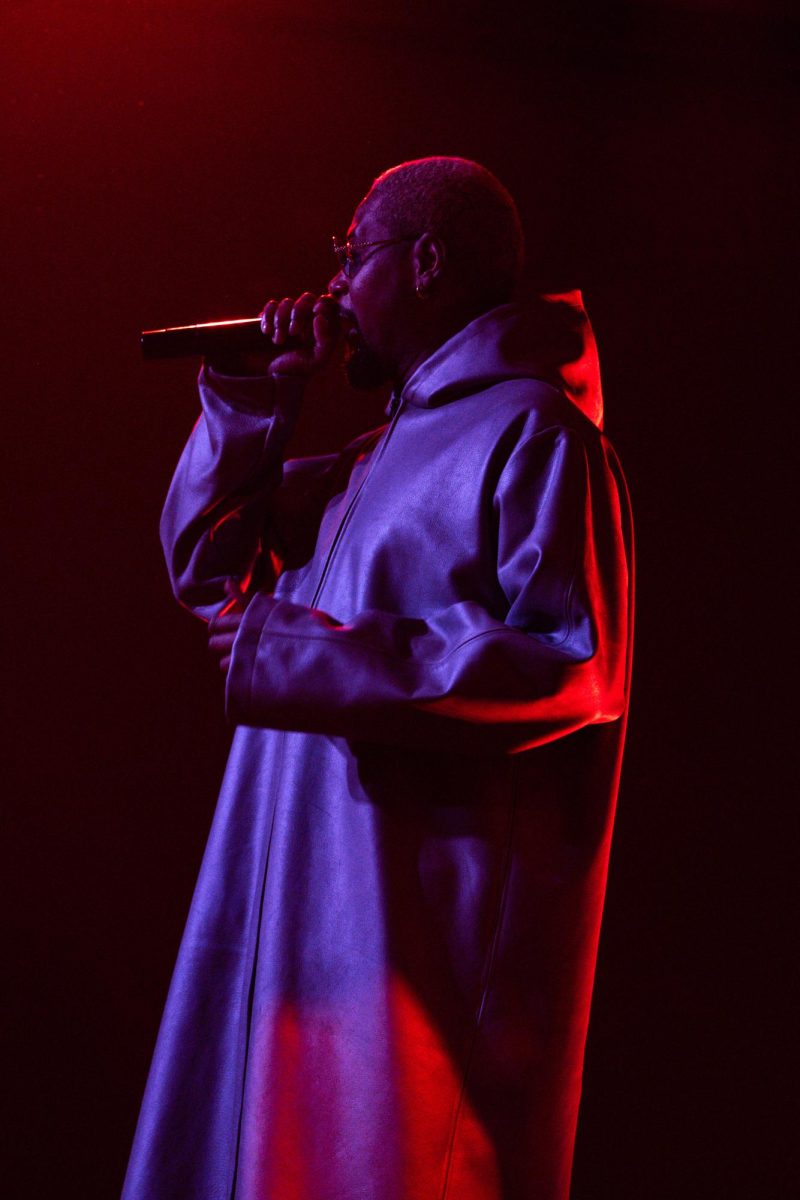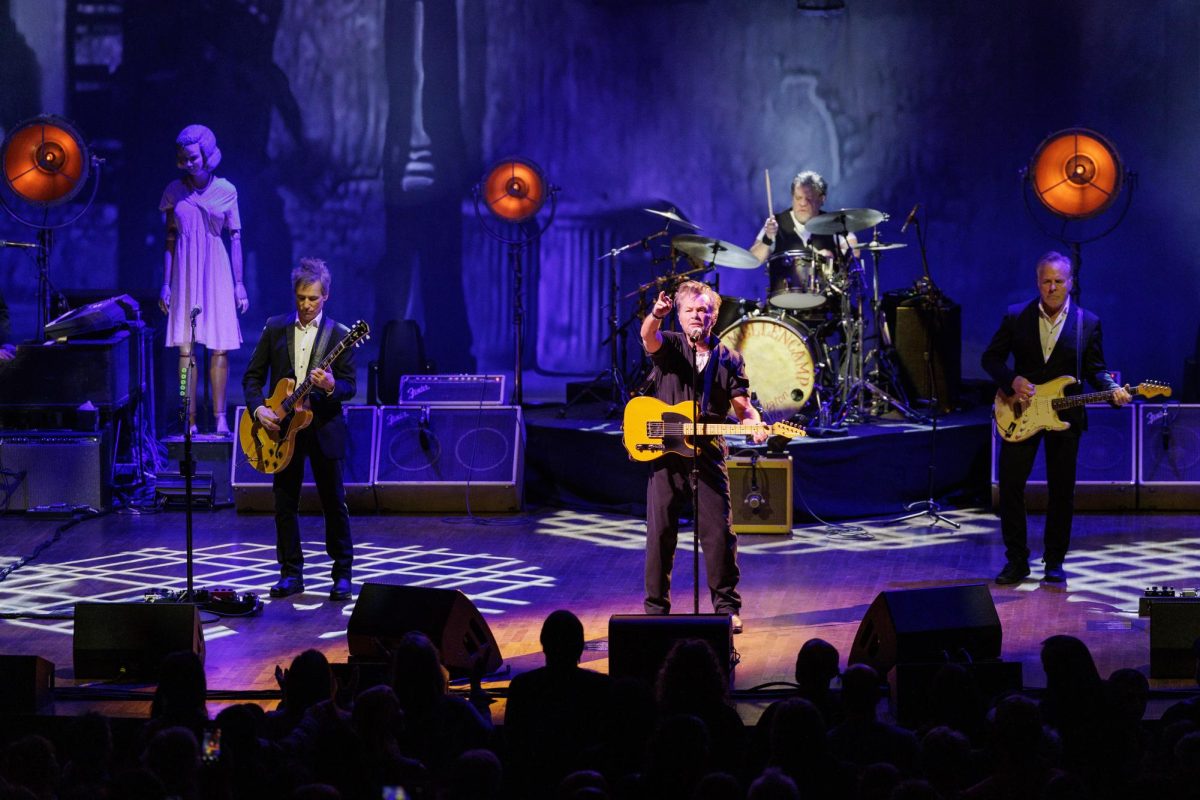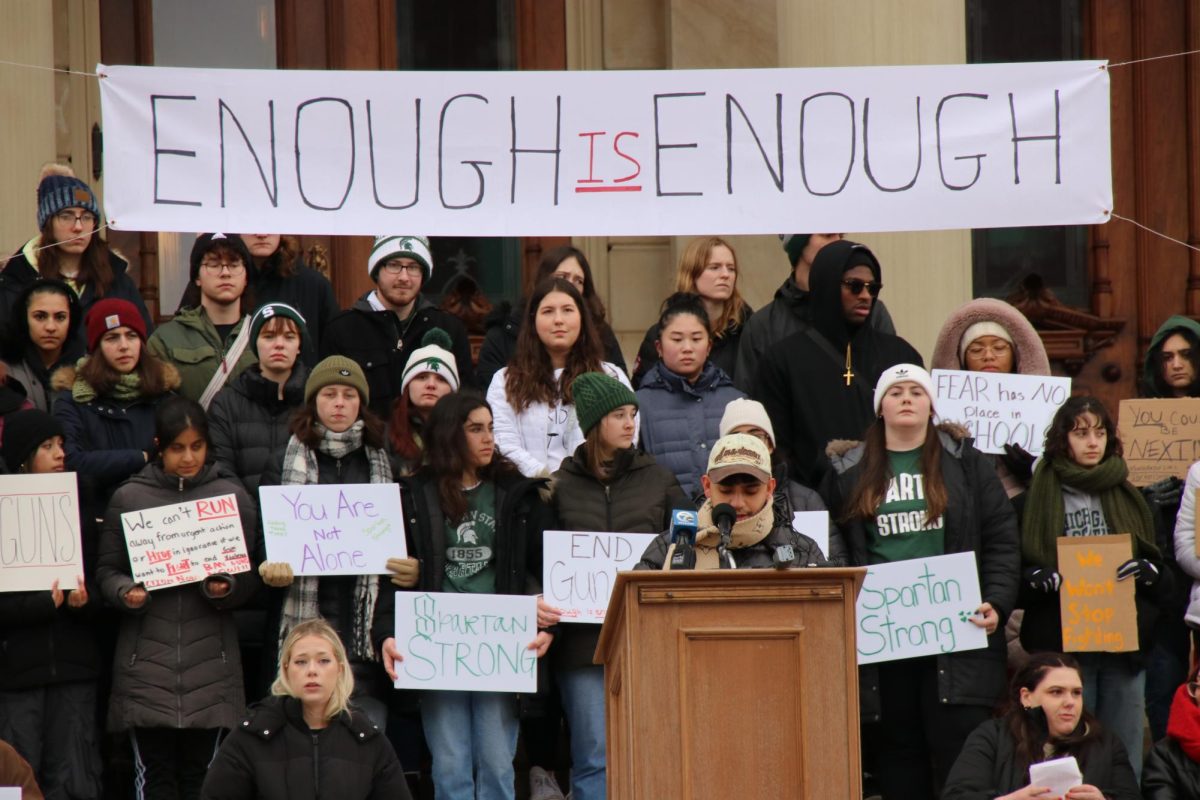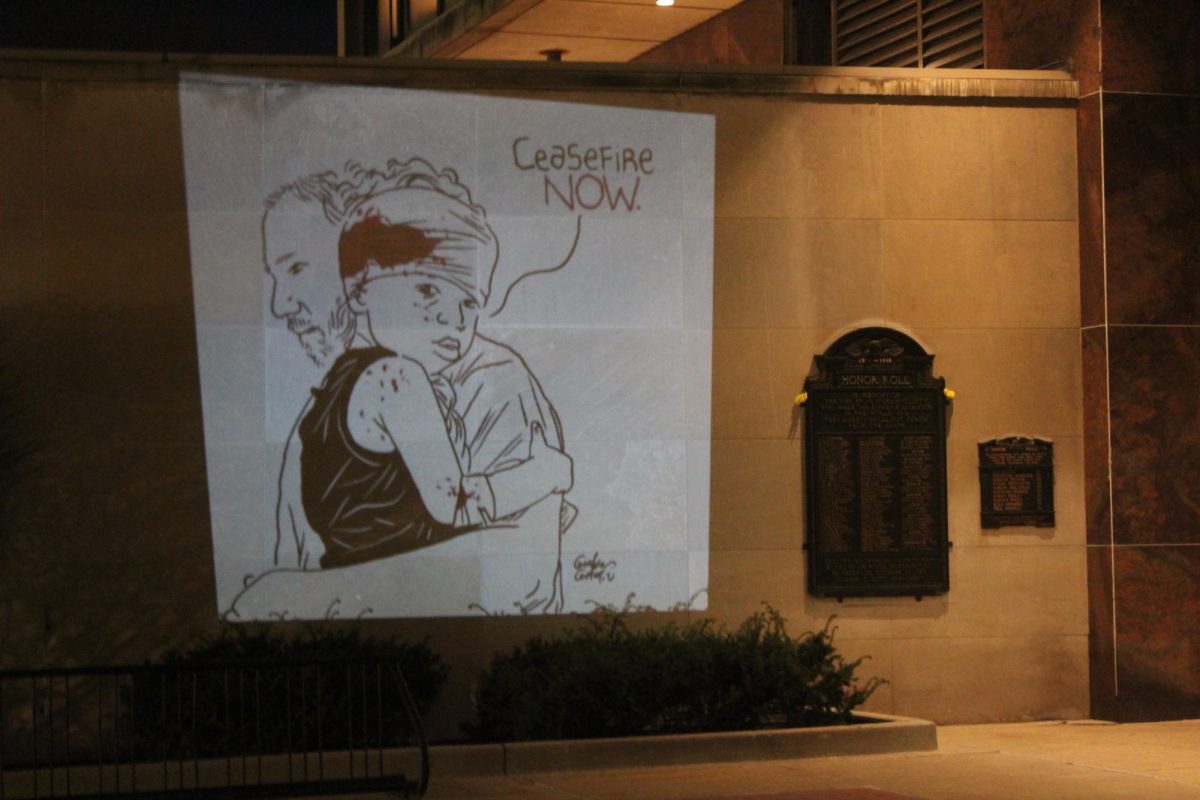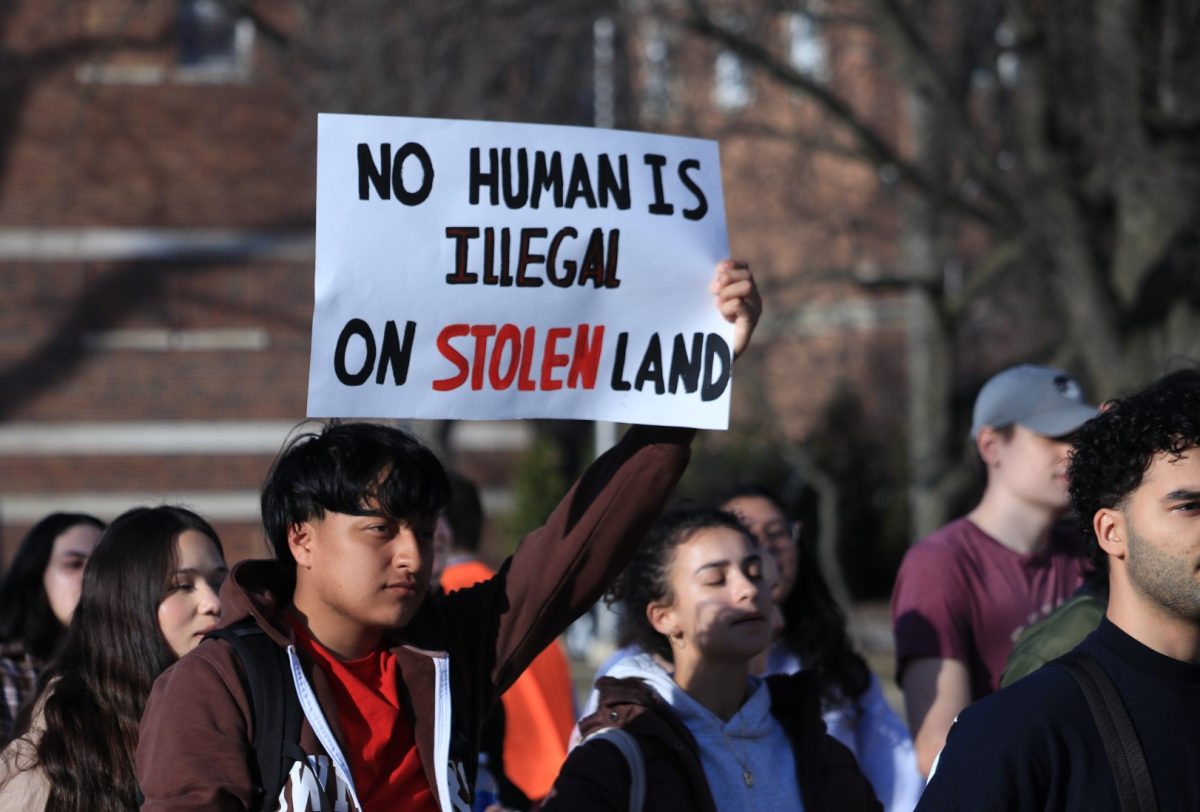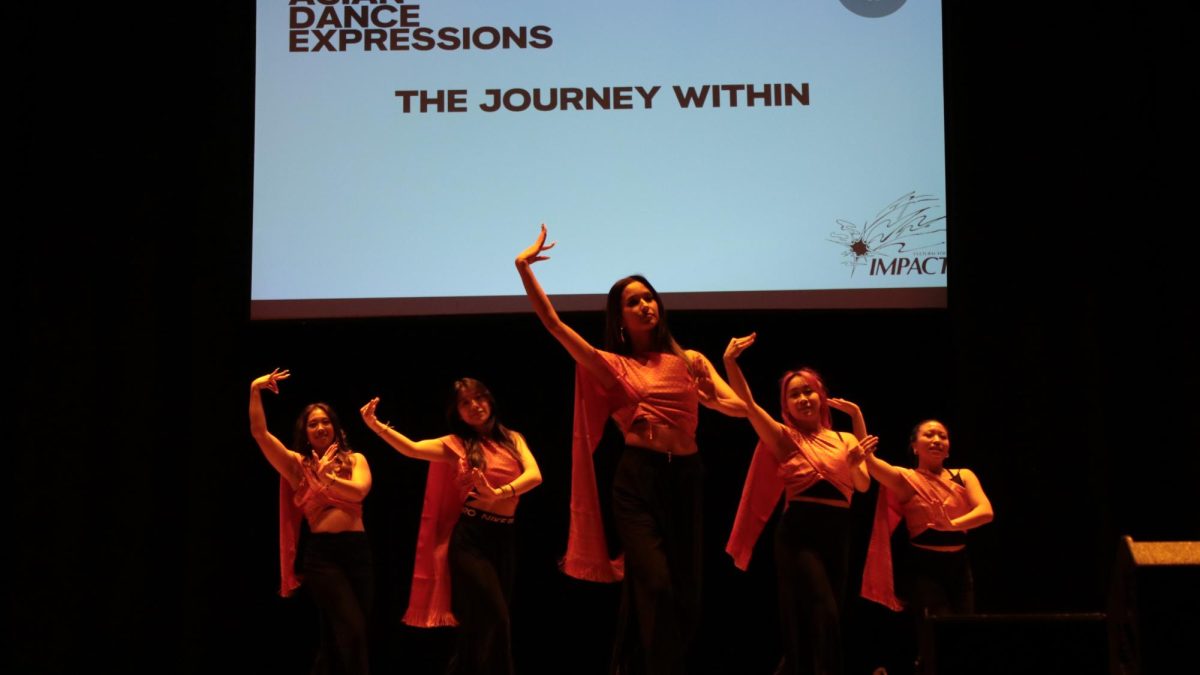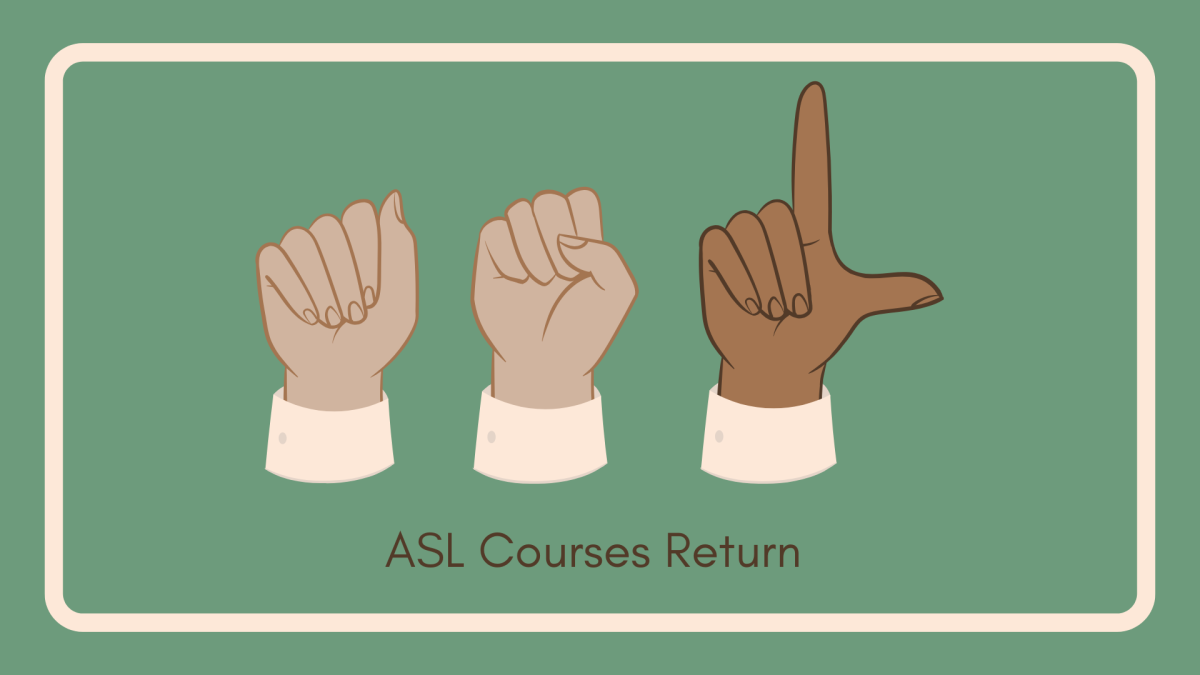LANSING – Though the presidential election is drawing upon a full year away, candidates have been traveling across the country to continue their campaigns. This includes Robert F. Kennedy Jr., son of former U.S. Attorney General Robert F. Kennedy, and nephew of former U.S. president John F. Kennedy.
Kennedy announced that he would be running for the 2024 presidency earlier this year in April as a member of the Democratic Party. Since then, he’s visited many different cities in the U.S. to begin rallying support from the American people, including Boston, MA, Los Angeles, CA, Washington D.C. and now Lansing.
Kennedy has been active in Michigan since Oct. 5, when he visited Macomb Community College in Warren for a voter meet and greet. After that, he joined protestors over the course of the UAW strike for better wages and benefits, and publicly declared support for the cause.
As of 2023, Michigan is considered a swing state. It was among only seven states to be won by less than three points during the 2020 election, accompanied by Nevada, Arizona, North Carolina, Wisconsin, Pennsylvania and Georgia. This means that it is among the states that are projected to have extremely close races.
These states also have great significance to Kennedy and his campaign. His latest visits since Michigan were Atlanta, Georgia—colloquially known as the “blue dot” in an otherwise red state—and Philadelphia, Pennsylvania, where political analysts predicted Kennedy would officially declare himself as an independent candidate.
On Saturday, Kennedy held a voter meet and greet in Lansing, aiming to address local voters and clarify his platform.
Per his campaign website, primary issues that Kennedy plans to address include government corruption, ending “forever wars,” and cutting military spending, alleviating the housing crisis, the working class’ inability to afford food, the ravaging of America’s natural environment and the increasing percentage of American citizens affected by chronic illness.
The meet and greet began with an introduction of the presidential candidate, followed by a speech addressing the aforementioned issues.
Kennedy’s speech highlighted the underlying causes of homelessness, taking an extensive look at San Francisco—which was the U.S. city with the 9th largest homeless population in 2022. He lamented the loss of many stores, describing them as boarded up, and attributed this loss to “chaos in the streets,” caused by the homeless population.
He believes that issues such as poverty and drug addiction have little to do with the ongoing crisis, and instead places blame on the rising costs of housing. Kennedy argued that while home ownership represents a care for the community and benefits the buyer through offering equity, young people view buying a home as impossible because of steep prices.
Kennedy compared American citizens to “serfs,” living under a “feudal model,” stating that he believes corporations such as BlackRock, Vanguard and State Street will create a “nation of renters,” through total ownership of the S&P 500.
During his speech, Kennedy also brought attention to the nation’s military industrial complex.
Kennedy addressed the September 11th attacks, stating that current President Joe Biden made a claim that the attack was caused by a hatred of America’s freedoms. Kennedy disputed this claim by telling his audience that the bombing was a result of the U.S. military organizing two bases next to Mecca.
He recounted a story of a trip to Krakow, Poland, in the 1960s, in which citizens sang a “banned anti-communist song,” to the Kennedy family. He used this story as evidence to why people around the world respect the U.S. for its freedoms and democracy, directly addressing the claim that the nation is hated for those same ideals.
Kennedy then pivoted, using the previous points to argue that the U.S. should be mirroring the foreign policy of John F. Kennedy: “projecting economic power abroad,” not political.
He spoke to voters about the U.S. government’s involvement in foreign affairs such as Iraq, stating that we left the country “worse off,” after military action. He argued the same for Ukraine, saying that he believes the political dispute should have been “solved democratically,” and without U.S. interference.
To close out, Kennedy refocused his speech back onto housing, promising voters a “new housing boom,” upon his election. He likened the issue of signing a mortgage and the fear of defaulting to having a “rich uncle,” and intends on “giving every [American] their own rich uncle: Uncle Sam.” He essentially intends on making a good credit score less of a contingency for purchasing a house.
After his speech, Kennedy took a handful of questions from the audience. These questions prompted him to discuss a few more pillars of his campaign: securing the borders and making the asylum process easier for immigrants, waiving the fee for passport cards, requiring employers to check for photo identification and eliminating environmental toxins which he claims have been inducing chronic diseases in children.
“If he wasn’t running, I’d vote Trump,” said Ari Serota, an Israeli man living in Michigan. “A lot of people are afraid to vote for him, because [they fear] the other side is gonna win. What I [want to say to Kennedy] is: please explain exactly what is the political path for him to win, and how each side will be able to be sufficient for him to win. If he doesn’t, a lot of people that would wanna vote for him wouldn’t, ’cause they would be afraid that if they do, the other side is gonna [win].”
Serota feels strongly about Kennedy because of his ability to connect with audiences.
“I like the fact that he’s just a real human…I get a lot of things that he’s saying, and I agree with some of it. Not all of it, but I agree with most of the things and I relate to him as a human, as opposed to a lot of the people in American politics [that are] repeating the same old things,” Serota said.
“He’s a unifier. He’s offering a vision of unity that neither of the parties are doing right now,” Serota said.
Cayden Russell, a young Lansing resident, revealed where his vote would lie if Kennedy weren’t an option.
“I’m pretty conservative, so probably Trump,” he said.
Russell said Kennedy would definitely declare as an independent.
“He seems to be really for the people,” Russell said, explaining his support for Kennedy. “Not just a corrupt politician like most of them in Washington are nowadays.”
Matthew Johnson, a self-proclaimed “blue collar,” man with “hard-working democrat roots,” lives with his family in Grand Rapids. He agrees with Kennedy on his stance pertaining to the housing crisis, hoping to see relief brought to the middle class.
“[The] ideas to kinda revitalize the economy mean a lot to me. My mother’s house was foreclosed in 2008 due to a forged signature. He’s the only candidate that actually knows what he’s talking about, and seems to bring any sort of vitality to the discussion.”
Johnson said he is not sure if Kennedy will declare as an independent.
“I don’t see the DNC [Democratic National Committee] allowing any real serious threat to their [hold] on power…I don’t know if they’ll let that fly,” Johnson said. “The engine of the DNC is massive and we haven’t had a whole lot of success with candidates running as independents anyway. So, it’s hard for me to say. I’m more of a spectator than an active, obsessed freak anymore.”
According to a recent Reuters poll, Kennedy is projected to pull in the support of one in seven U.S. voters.
Kennedy’s campaign has made a “major announcement,” in Philadelphia, PA on Monday, Oct. 9, intending to “lay out a path to the White House that involves a major shift in American politics.”
This announcement turned out to be Kennedy’s official declaration of separation from the Democratic Party, which will continue to draw voters away from both Donald Trump and Biden. It also divides Kennedy from his historically democratic family.
Voters in Lansing seem to be enthusiastic about Kennedy, and he is viewed more favorably than unfavorably among nationwide Americans. However, only time will tell if he can surpass either Trump or Biden with his declaration of independence.



